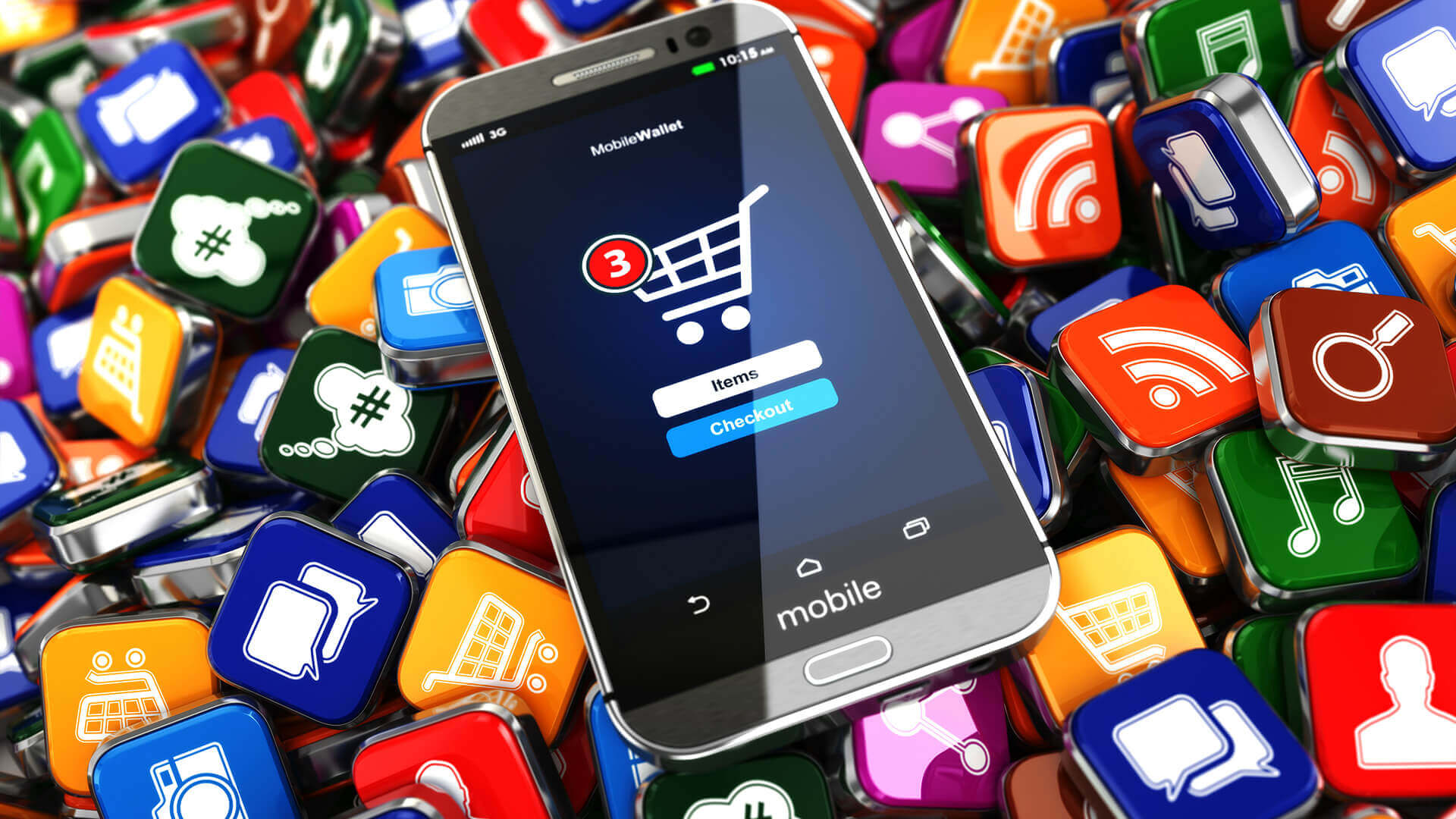
What does a customer using your app get you?
About 41% more visits per year, compared to those who don’t.
That’s according to a new study from mobile marketing platform InMobi which examined actual consumer behavior to determine the value of apps for the retail, CPG and QSR categories. To determine this researchers examined aggregate app behavior and first-party data, app SDK data and survey data.
Here’s a breakdown by category of how much more often app users visited physical stores.
- Retail: 37%
- Big-box general merchandise: 24%
- Grocery: 25%
- Pharmacy: 27%
- QSR: 28%
Consumers are generally very satisfied with them once they start using them. Users generally cited convenience as the most important reason for use. Women and people 55+ said this significantly more than the general population. For example in retail 36% of users overall cited convenience, compared to 43% of women, 60% of people 55+.
Getting people to use the apps. Still, it’s not easy getting people to use apps. For one thing, many still don’t know about them. Big box stores have the most awareness, but even there the numbers aren’t great. Only 29% of sector leader Home Depot’s customers knew about the company’s app.
The best solution to this is getting your customers to tell their friends, as that’s the top reason cited for both finding out about and using them. Until someone figures out a reliable way to make that happen it’s probably best to go with reason No. 2: Mobile advertising.
The report recommends this advertising pre-emptively address customer concerns. “The top reason consumers don’t have these brand direct apps is because they prefer making purchases in person, so it may be a good idea to show how the app supports or improves the brick-and-mortar experience.”
Get the daily newsletter digital marketers rely on.
Why we care: By improving customer experience, apps further cement customer loyalty and increase the amount spent per visit. Additionally, they are a great source of information about customers, which is more important than ever with the end of third-party cookies and do-not-track initiatives on the rise.





